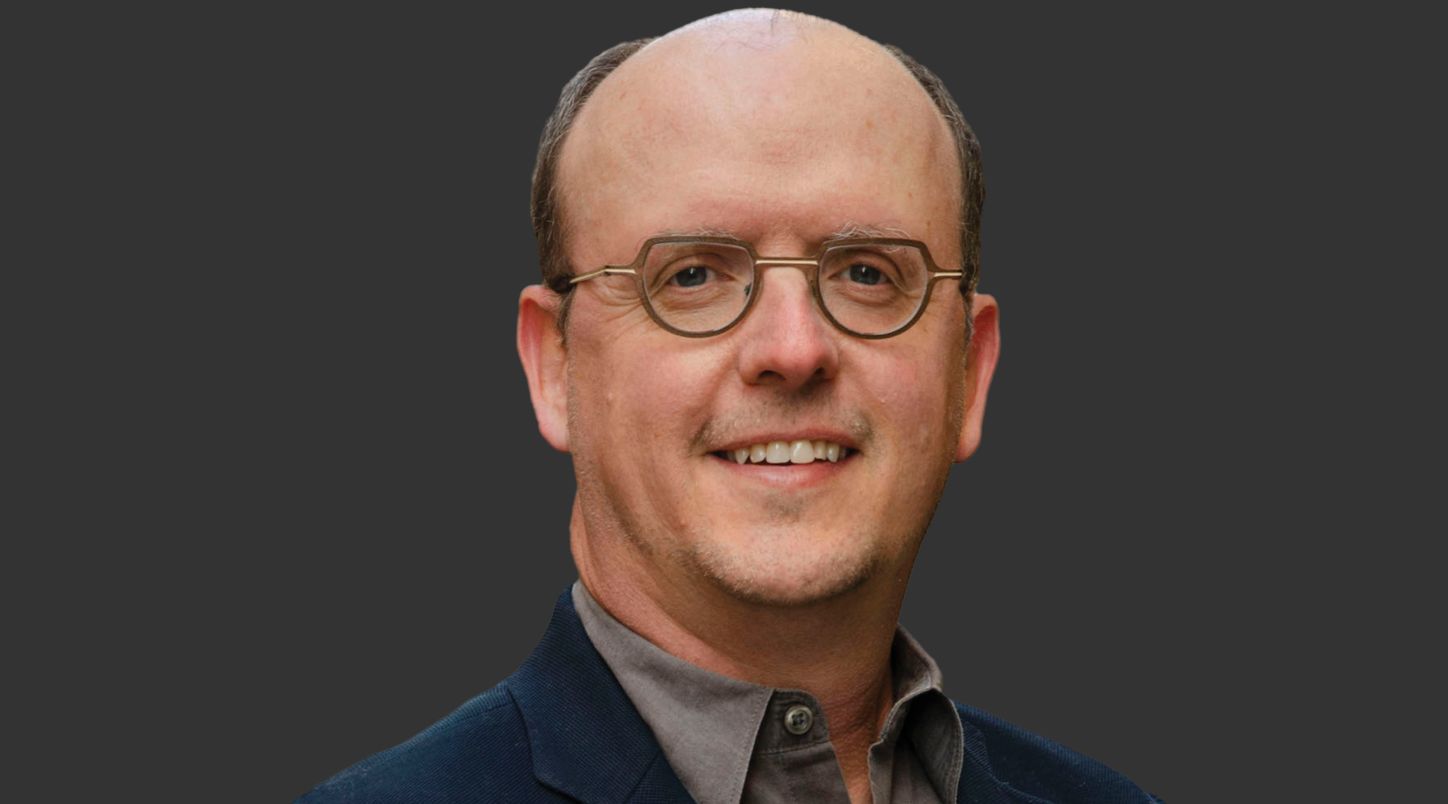-

Hear from Monica Toft, Academic Dean
Learn how Monica Toft, Academic Dean, is shaping the study of global affairs and diplomacy at Fletcher.
Hear from Prof. Toft -

Explore Fletcher academics in action
Fletcher Features offers insights, innovation, stories and expertise by scholars.
Get global insights -
Get application tips right from the source
Learn tips, tricks, and behind-the-scenes insights on applying to Fletcher from our admissions counselors.
Hear from Admissions -

Research that the world is talking about
Stay up to date on the latest research, innovation, and thought leadership from our newsroom.
Stay informed -
Meet Fletcherites and their stories
Get to know our vibrant community through news stories highlighting faculty, students, and alumni.
Meet Fletcherites -

Forge your future after Fletcher
Watch to see how Fletcher prepares global thinkers for success across industries.
See the impact -

Global insights and expertise, on demand.
Need a global affairs expert for a timely and insightful take? Fletcher faculty are available for media inquiries.
Get in Touch
Modeling Crisis Responses for Good

Patrick Meier
In the aftermath of the devastating Haiti earthquake in 2010, thousands of people from 40 countries came together with an emergency response concept that was still in its infancy: crisis mapping.
Crisis mapping, as it is now known, uses real-time data gathering, display, and analysis to locate survivors and facilitate emergency aid. The fundamental idea, a brainchild of Patrick Meier FG12, saved countless lives after the catastrophic earthquake. The success of Meier’s efforts in 2010 effectively launched geo-technology to the forefront of global humanitarian response.
More than a decade later, Meier continues to lead and innovate in this area. He has expanded his early crisis mapping model to involve robotics, drones, and AI to build maps and models for humanitarian purposes. WeRobotics, a company he co-founded, is an international tech nonprofit that transforms the way emerging technologies are used on a local response level.
Lessons Learned
From an early age, Meier was drawn to science, technology, and social justice. Born in Cote d’Ivoire and raised in Kenya, he went to university in the United Kingdom intending to study computer science and software engineering before realizing it did not align with his values and vision.
He subsequently changed his academic focus to political science, philosophy, and economics, and went on to earn a master’s degree in international affairs at Columbia University in the United States.
He returned to the Horn of Africa and worked on regional early warning systems in Kenya, Ethiopia, Uganda, and Sudan. This work raised new questions for him as he looked at conflict.
“I was keen to better understand the links between environmental and climate change and drivers of conflict. And I was keen to do so by taking a data driven approach, precisely by using the kind of data that early warning systems provide,” said Meier.
Seeking to learn more, he found his way to The Fletcher School’s PhD program.
“The Fletcher PhD allowed me to now take a few steps back and reflect on what I'd done with these early warning systems in the Horn of Africa,” he said. “I knew I’d come to the right place when another PhD student, Susanna Campbell, made me realize the work I had been doing was ineffective,” he said. “It was a very top-down, colonial approach, and there was so much wrong with that work.”
A 100-page paper he and Campbell J96, F05, FG12 wrote about the problems with early warning systems within the United Nations circulated far and wide. Pushing back against the mainstream early warning community didn’t make him many friends, he admitted, but did succeed in getting people to think more critically about what the field was doing. Importantly though, it helped him improve support for humanitarian responses to emergencies and conflicts.
Meier is keenly interested in the idea of conflict prevention and looks to detect early signs of escalation and identify triggers that cause armed escalation.
“There are other things that we might want to prevent,” said Meier. “How do we conduct early detection of earthquakes, or other natural disasters in order to prevent loss of life and property? I started looking at all these kinds of major crises, whether or not they were manmade, through the lens of prevention, early detection, and early response.”
Disrupting Humanitarian Development Models
Since then, Meier has worked to correct the power imbalances that exist between massive billion-dollar humanitarian organizations in the global north and local organizations in the global south. “What I’m most proud of is co-creating a model that is the opposite of the typical foreign-led, top-down technocentric model that pervades the entire humanitarian development health space,” he said.
Recently, Meier reflected on his Fletcher training, how it fit with his ambitions and informed the ways he accelerated social good in times of dire crises. “The flexibility of the PhD program was phenomenal. As PhD students, we were really encouraged to do consulting work, to travel to conferences, to network, and to be present in the impact space, rather than spend our time in the library exclusively,” Meier said.
“I got to do exactly what I wanted to do, and it served me really well,” he added. “This people-centered, locally-led, valued, principled philosophy that came out of my time at Fletcher continues to influence everything I do today.”

